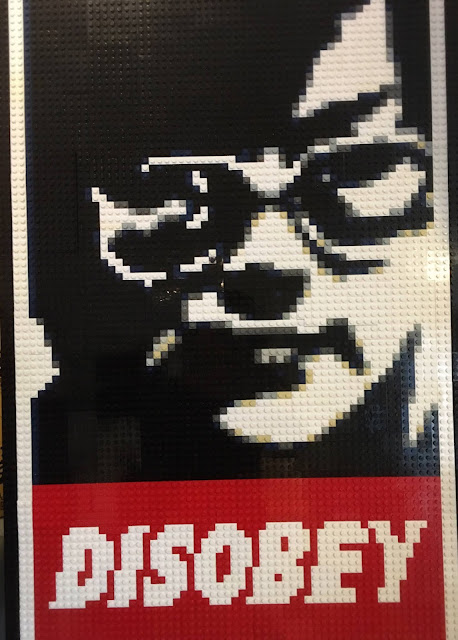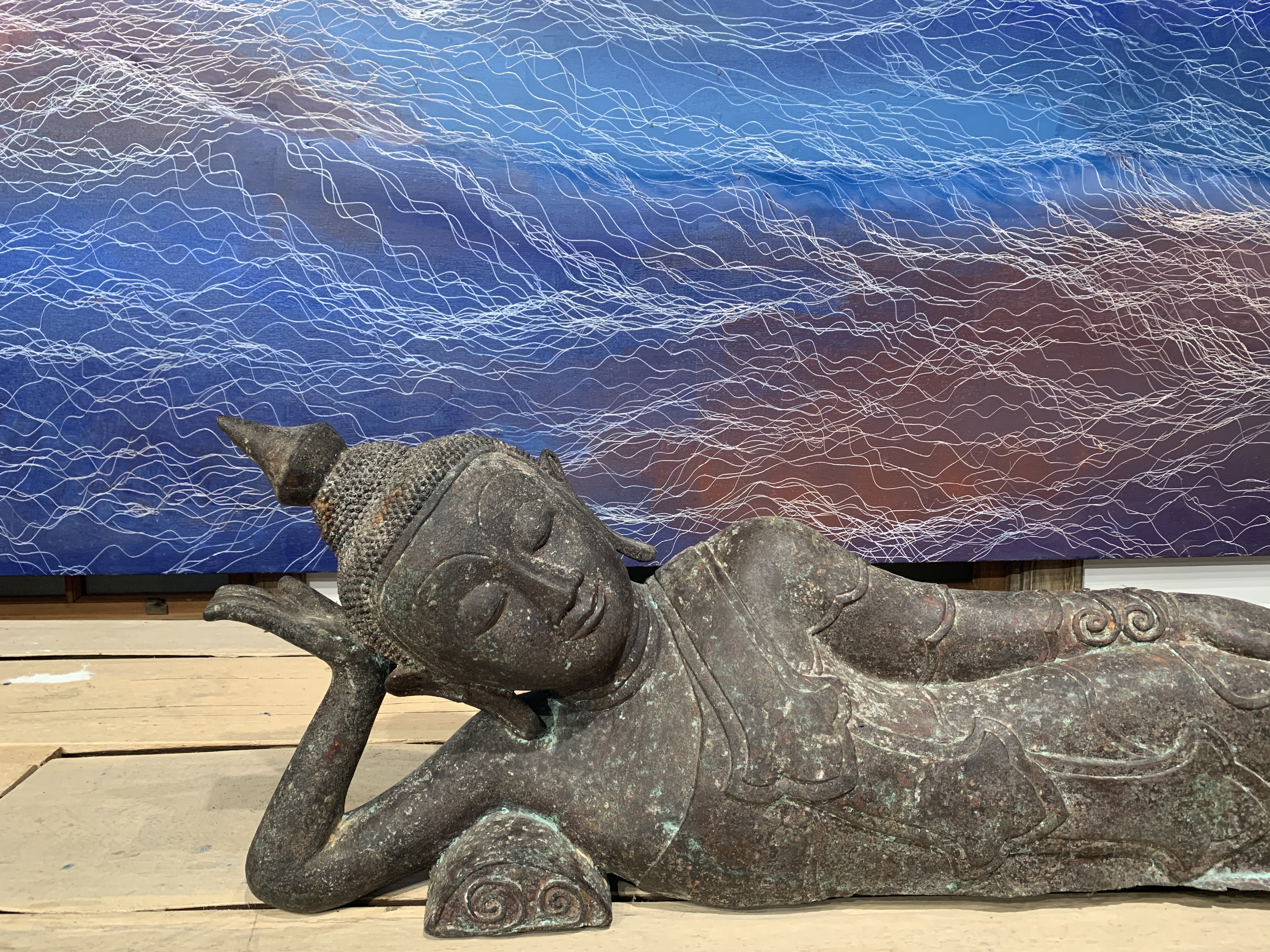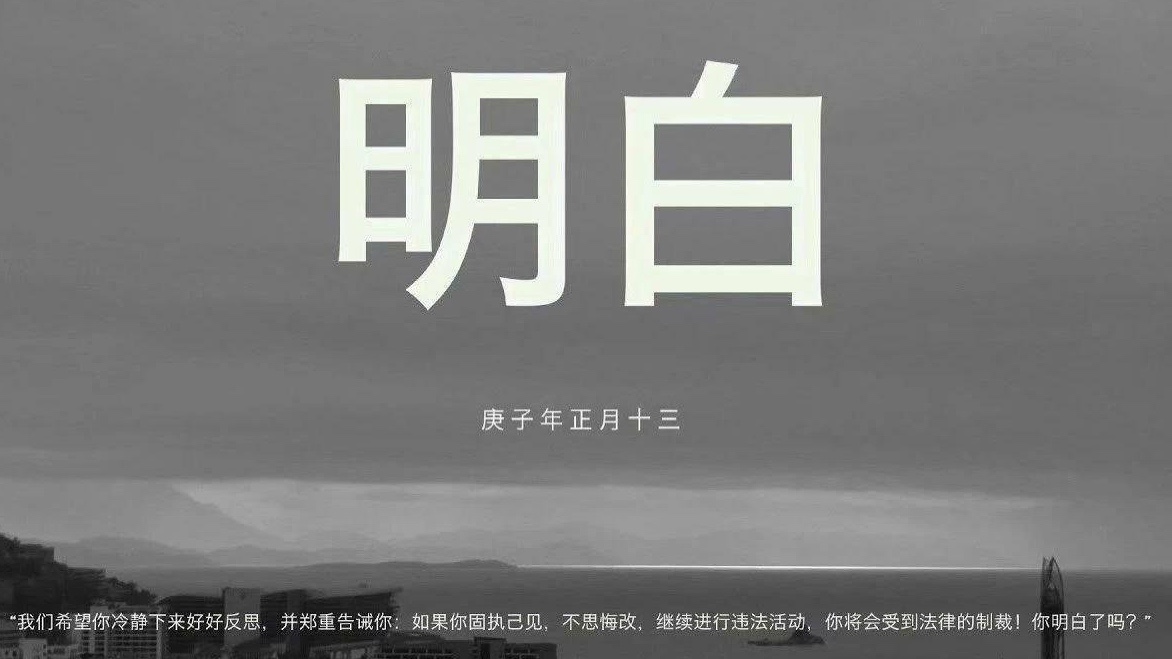Most political research and scholarship on Taiwan focuses on the major political parties, or at least the ones that have something of an election track record. Much energy has been spent dissecting the KMT and DPP from an academic perspective, and I suspect more successful small parties like the TPP and NPP will receive similar scrutiny in the future. Perhaps, given the New Party and People First Party’s erstwhile success, they’ll get some attention too.
Then there are the tiny parties: the TSU (effectively dormant), the Social Democratic Party (whose only elected official happens to serve in my district), the Trees Party (still around?), the Statebuilding Party (perhaps an interesting subject of inquiry given that their only elected legislator was just recalled), Can’t Stop This Party (composed of Youtubers) the Minkuotang (MKT, which later merged with another odd little party) and, of course, the Green Party Taiwan (GPT).
Nobody seems to write about them much, mostly because they’re either quite new or don’t have much political influence. They don’t win a lot of seats, so they don’t get a lot of attention.
That has changed with Dafydd Fell’s Taiwan’s Green Parties: Alternative Politics in Taiwan, an insider account of the formation and evolution of the GPT, with ancillary-but-important looks into their frenemies, the Social Democratic Party (SDP) and the Judean People’s Front Trees Party.
“We’re the People’s Front of Judea…listen, the only thing we hate more than the Romans are the Judean People’s Front.”
When reading Taiwan’s Green Parties, I kept thinking about how, well, incestuous Taiwan’s progressive and activist political scene are. Many of the fallouts recounted in the book seem to be just as much the ups and downs of personal friendships — and friendships often end — as they are any real difference in concrete political beliefs or policy ideas. The Trees Party didn’t form because they are different in ideology from the GPT. They formed because they had different approaches to the same ends, and they realized they were being marginalized in the GPT. Imagine finding out you weren’t invited to movie night, because the new guy has convinced everyone you’re awful for always ordering pepperoni pizza instead of only vegetarian options. Yes, we’re talking about you in the group chat.
The Green Party went on to form a brief alliance with the SDP, only to have it fall apart with recriminations on both sides. Again, the SDP and Green Party aren’t really that different in ideology and you can be sure they all know each other. They — and everyone else in their ideological ballpark — all attend the same lectures, readings and protests. They probably go to the same cafes. The DPP can poach them because the DPP has already recruited some of their friends. (Yes, that is how it works.)
In this respect, the Statebuilding Party seems to be actively forging a different path: forming in southern Taiwan and not necessarily recruiting from the same pool of Taipei cafe-goers. For that alone, they’re worth keeping an eye on, especially as their one legislator has just been recalled. In fact, future comparisons between Statebuilding and GPT might be interesting to consider: of the KMT revenge recalls, the NPP have survived whereas the GPT’s Wang Hao-yu (defected to the DPP right around the time of his recall) and Statebuilding Party’s Chen Po-wei have both gone down. Statebuilding actively avoids recruiting from the same pool of activists but will form alliances with them, whereas GPT can’t seem to form lasting alliances, and doesn’t seem to realize that the frequent poaching they experience is indeed detrimental.
On this claustrophobic theme, it also struck me how small Taiwan politics really is. I’m nobody at all, neither an academic nor an activist, and I’ve personally met enough people mentioned by name in this book that it might take more than one hand to count them. Mostly, we’ve perhaps talked briefly at the same gathering. In one case, a good friend’s name popped up, as it always seems to.
As for the research itself, it’s impeccable. For details, head to Frozen Garlic’s review. He’s a trained political scientist, I’m not. In more general terms, however, I appreciated how in looking through the GPT’s past, Fell adjusts the benchmarks that might be used to determine whether a party is competitive, and then goes to some length to justify that modification. It has a magnifying effect: from far away, using benchmarks met by parties with records of real electoral success, the GPT looks like a failure from start to finish. Zooming in, however, and adjusting the scale and field accordingly, the ups and downs of the GPT can be better teased out and analyzed.
Frozen Garlic categorizes these waves as “clear failure,” “dismal failure” and “utter failure”. He’s not wrong, but looking at what factors underpinned each era of various failures still provides a wealth of information on what it’s like to work for a small party, how these parties get funding and how much, how they campaign (or not) and how they interact with each other as well as other parties.
From that time I met SDP politician Miao Po-ya, who gets a mention in the book.
The short of it: it’s stressful. It isn’t a way to build an actual paid career — instead, dedicated members find themselves pouring their own funds into keeping the party afloat. It’s a constant balancing act between trying to figure out how to get votes, and sticking to your principles. But then you make that choice, and others in your party strike that balance differently, and that disagreement spills over into disorganization: not just presenting a chaotic face but actually being unable to get their act together. Then the elections come and go and, while perhaps the GPT could have won more if they’d been better able to cooperate and seize very obvious opportunities that came their way, they don’t. Recriminations follow — either their leaders were too focused on votes and blowing up social media, or not nearly focused enough on actually wining votes. People leave. Perhaps they are poached by the DPP, or leave politics, or start a new party. A new era begins…
Through all this, this same group of people seems to be more interested in dissecting ideological differences or severing ties with each other than it does facing any sort of common enemy. This is why they can’t seem to agree on a coherent policy regarding how much support to give the DPP, work with other small parties on their own side to form alliances or even take a clear line on national identity, even though they have one. They can’t work with the ideologically similar SDP, they’ll work with the TPP (often seen as light blue) to attack their ideological cousins the NPP, but one of their candidates did a photo op with an MKT candidate because it made sense vis-a-vis local Hakka clan affiliations — even though the GPT and MKT are worlds apart? Hm. I would question the strategizing, to put it mildly.
Because the GPT tries to be more about ideals than building a political legacy, they not only have very little influence in actual politics -- all of the things the more powerful parties have done in line with the GPT’s ideas don’t seem to have been inspired by the GPT in any direct way). It’s hard to keep committed people this way, however. If there isn’t a realistic path to actual political impact through the GPT, you’re going to get true believers — those are great, but people do need money to live. So only a few of the most committed will actually do the work, and everyone else will float in and out.
Why? Because while they may agree on the politics, there’s a point at which people start focusing on building actual careers. So often, activism takes a backseat. And the ones doing the work complain about how disorganized it is, how branches of the party are withering, how people aren’t showing up. And to be honest, it seems they've got a point.
When someone does get an opportunity — to, say, garner some support from a popular presidential candidate like Tsai Ing-wen, or work in a DPP cabinet in environmental affairs — they face criticism from their original party for selling out. I would ask: are you really sticking to your ideals if you are insisting on paths that will obviously and clearly never lead to getting any of those ideals enshrined in policy? At what point does an idealist act as contrary to their own ideals as they claim the “sellout” does, if they’re always creating their own insurmountable hurdles to getting their ideas injected into popular and influential discourse?
If a party can’t figure out who your own voters are and where to focus your efforts, is that party indeed showing more ideological purity than those who choose differently, and actually get some change pushed through? What good is ideology if you can't win a lick of influence?
Other than squabbling, factionalism and general disorganization, there was some discussion of the GPT’s actual platforms, and to what extent other parties, activists and voters were even aware of them. One interviewee noted how challenging it was to clarify these positions: when you post a policy analysis and proposals on Facebook you get essentially zero attention. When you post an attack on a hated figure like Han Kuo-yu, the views, likes and comments come pouring in. Other parties seem to think the GPT only cares about the environment, and the GPT doesn’t seem to have done much to counter this except ask people to read their charter.
I sympathize with this: as a blogger I know what it’s like to see something ultimately meaningless take off, when your favorite or most in-depth work doesn’t. However, every other party of moderate success has figured out this balance. The GPT could do this, if it could set goals, agree on them and work towards them as a cohesive and organized unit. What doesn’t work is telling people to do more work to learn these things. They won’t. It doesn’t matter if they should. They won’t.
Another thing that jumped out at me while reading Taiwan’s Green Parties, which is an unqualified positive for the GPT: their willingness to engage globally. I don’t just mean their work with the Global Greens, but also intra-party. Robin Winkler is a naturalized Taiwanese citizen who seriously considered running for office more than once (I don’t think any other party has considered running a naturalized citizen, but correct me if I’m wrong). Linda Arrigo headed their international affairs department. While every party is willing to employ foreigners, the GPT seems a breed apart in not just welcoming people like Arrigo and Winkler, but not necessarily thinking of them as different or ‘apart’ simply because they’re not originally from Taiwan.
All in all, however, Taiwan’s Green Parties is an excellent book — equal parts enjoyable reading and academically grounded — and well worth a read for anyone interested in obscure corners of Taiwanese politics, especially on the left. It's academic, but written engagingly. However, the ideal reader will already have a strong notion of Taiwanese party politics before they pick up this book, so as to properly contextualize the names, small parties and other affiliations that crop up.
Recommended food pairing for Taiwan’s Green Parties: a pint at your local and lots of popcorn




















